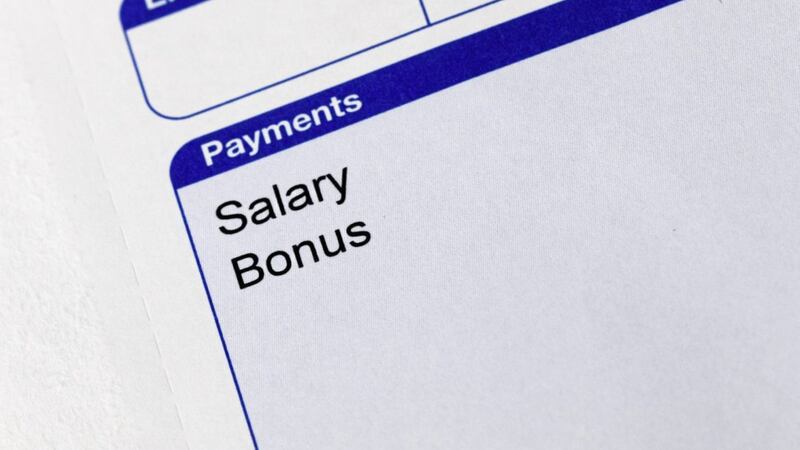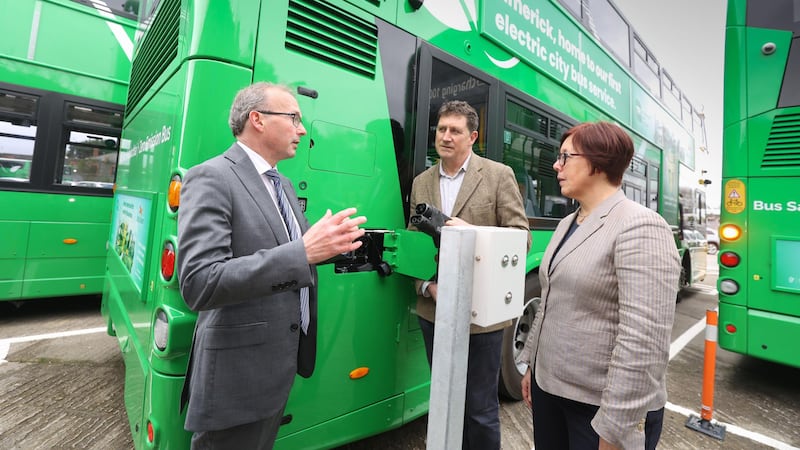THE recovery of the north’s labour market has continued into 2022, but is far from complete, the latest official government data shows.
HMRC has confirmed the number of people in payrolled positions in Northern Ireland is up five per cent year-on-year hitting a record 774,900 - higher than it was before the outbreak of Covid-19.
But the total number of people in employment in Northern Ireland, and the total number of hours worked, still remain below pre-pandemic levels.
That's largely due to the decimation of the self-employment sector here during the pandemic.
The latest labour market report from the Northern Ireland Statistics and Research Agency (NISRA), also revealed that unemployment, economic inactivity and the number of benefit claimants in the north were all still above pre-pandemic levels during January 2022.
There was also a spike in employers planning lay-offs last month. Companies are legally required to notify the Department for the Economy when making at least 20 staff redundant.
After four months in which there were low or no proposed redundancies recorded by NISRA, the statistics body revealed 260 lay-offs were proposed by employers in the first six weeks of 2022.
Meanwhile earnings data published in the latest labour market report suggests wages have risen sharply in Northern Ireland since last year.
Median monthly pay rose 8.7 per cent (£155) in the last 12 months to £1,941, rising 1.7 per cent (£33) last month alone.
That was higher than the 6.3 per cent annual rise for the whole of the UK, closing the gap on the UK average median monthly, which now stands at £2,050.






